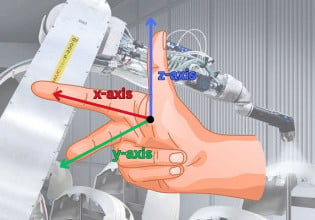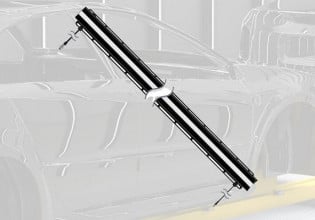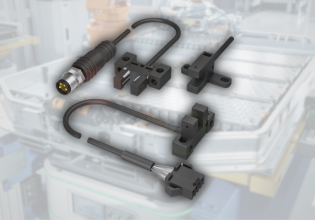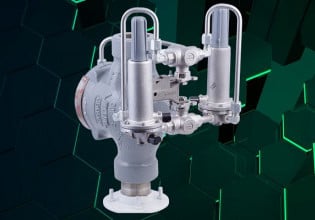Sfera Labs Debuts Industrial-grade Sensor Based on Raspberry Pi
Sfera Labs releases its new multi-sensor module with Raspberry Pi computing capabilities to create new edge computing applications.
Solutions for Industrial Automation
Sfera Labs is a private company specializing in the provision of hardware and open-source software for industrial automation. The company provides solutions for building automation, industrial, environmental control, interaction design, access control, IoT/IIoT, and multiprotocol gateways.

The Exo Sense Pi compact sensor. Image used courtesy of Sfera Labs
Today, the company announced its new multi-sensor module, the Exo Sense Pi. The sensor has been designed to provide engineers with high-performance computing and comes with in-built security and thermal management features.
The Exo Sense Pi
Sfera’s Exo Sense provides OEMs with the ability to customize their desired hardware to meet application specifications. Exo Sense comes with multiple sensors for measuring humidity, ambient light, air quality, environmental noise, motion, temperature, and atmospheric pressure.
Engineers can use the Exo Sense Pi for applications including environmental monitoring, people counting, room management, Bluetooth low energy (BLE) positioning, access control, asset tracking, home/building, and alarm reporting.

Sfera’s Exo Sense can be used for environmental monitoring, data gathering, BLE positioning, and more. Image used courtesy of Sfera Labs
A microphone is also incorporated into the Exo Sense Pi to allow audio processing and voice control. Sfera’s new CE and FCC compliant multi-sensor module is compact (with an 80mm x 80mm form factor) and wall-mountable. The module comes with a Microchip ATECC608A secure element chip, a general-purpose input/output (GPIO)-controlled LED indicator, and a real-time clock (RTC) with a replaceable backup battery.
Industrial Sensor with Raspberry Pi Computing
The Exo Sense Pi module also features Raspberry Pi 4 computing. This incorporates a 64-bit quad-core ARM (Advanced RISC Machines) Cortex-A72 processor that runs up to 1.5GHz Raspberry Pi is a series of compact single-board computers developed by the UK’s Raspberry Pi Foundation. The credit-card-sized computers were built for individuals to explore computing and learn about programming.
Engineers can use the Raspberry Pi development ecosystem available through the Exo Sense Pi module to generate new sensor-driven applications for edge computing. Associated software libraries are open source and can be accessed for free through Github.
A micro USB port is present for flashing the Raspberry Pi multimedia controller and a microSD card slot to use for external flash memory to be attached. The new module also features up to 32GB of eMMC flash memory reserves and 8GB of RAM.

Raspberry Pi has been more commonly used in industrial sectors in the last several years. Image used courtesy of Raspberry Pi
Regarding the connectivity, it comes with Wi-Fi (IEEE 802.11b/g/n/ac), Bluetooth 5.0, BLE wireless interfaces, RS-485 serial bus, and I/O lines.
Oil and gas facilities, automotive and energy plants, chemical or metallurgical processing plants could use Sfera’s new module to monitor emissions, detect gas leaks and identify the threat of hazardous seismic activity. This can help improve worker safety, provide information regarding maintenance, help lower environmental impact, and keep facility productivity stable.






